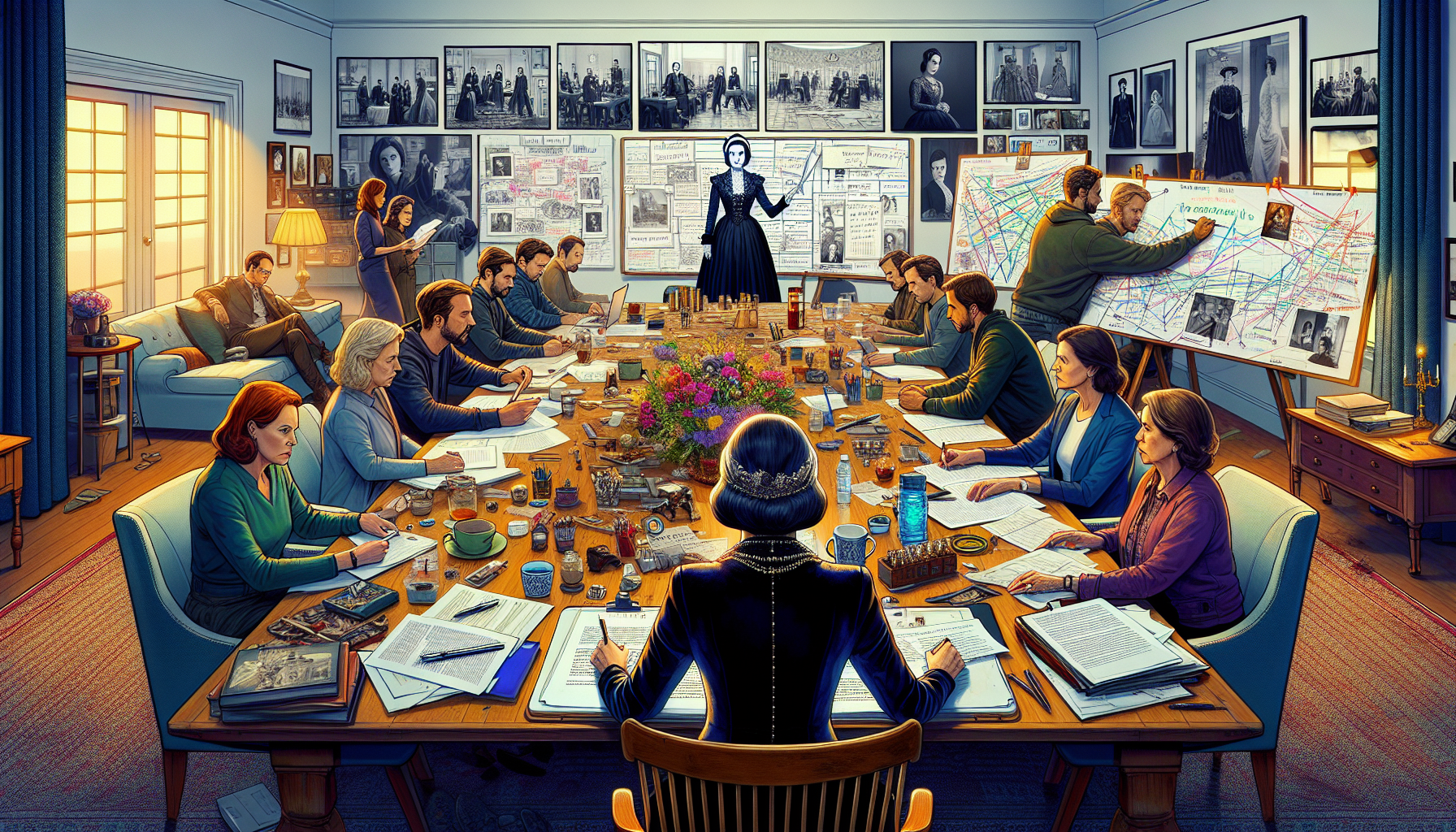
Introduction
We Were The Lucky Ones, a profoundly moving historical novel by Georgia Hunter, chronicles the harrowing journey of the Kurc family during World War II. When news broke that the intricate, multi-layered narrative was being adapted for television, fans of the book expressed both excitement and apprehension. The book’s rich tapestry of emotions and events posed a significant challenge for any screenwriter. However, showrunner Erica Lipez has managed to bring this complex storyline to the small screen with an extraordinary balance of fidelity and innovation.
Understanding the Source Material
One of the most crucial steps in adapting We Were The Lucky Ones involved a deep and comprehensive understanding of the source material. Erica Lipez, known for her work on The Morning Show and Suits, demonstrated an exceptional commitment to preserving the integrity of Georgia Hunter’s narrative. She meticulously delineated the novel’s multiple timelines and diverse settings, ensuring that each character’s storyline was given adequate attention and development.
Narrative Structure and Pacing
The novel’s non-linear structure, which shifts between various members of the Kurc family scattered across different continents, presented a unique challenge. Lipez adeptly utilized a combination of flashbacks and simultaneous storytelling to maintain coherence while preserving the book’s episodic nature. This method allowed viewers to feel the same sense of urgency and unpredictability that the book’s characters experienced.
Moreover, Lipez skillfully managed pacing to keep the audience engaged. She intertwined moments of high tension with quieter, more introspective scenes, mirroring the emotional ebb and flow of the novel. This balance ensured that the series was not only a historical recount but also an intimate family saga.
Character Development and Casting
A significant aspect of what made the novel impactful was its vividly drawn characters. Lipez carried this through to the screen by dedicating ample time to character development within the script. She collaborated closely with the casting director to select actors who could embody the Kurcs’ diverse personalities and nuanced emotional landscapes. The result was a cast that brought authenticity and depth to their roles, allowing viewers to form strong connections with each family member.
Maintaining Historical Accuracy
Another challenge in adapting We Were The Lucky Ones lay in its historical context. Lipez worked alongside historians and consultants to ensure that the series remained faithful to the realities of World War II. Attention to detail in set design, costumes, and dialects served to immerse viewers in the era. Equally important was the ethical responsibility to portray the horrors of the Holocaust with sensitivity and respect. Lipez approached this task with an unwavering commitment to truth, neither underplaying nor sensationalizing the suffering experienced.
Balancing Fidelity and Creativity
Adapting a beloved novel often requires a delicate balance between staying true to the source material and employing creative liberties to suit a different medium. Lipez demonstrated profound respect for Hunter’s work, yet she was unafraid to make modifications where necessary for narrative clarity and engagement. For instance, certain composite characters and consolidated events helped streamline the story without losing its essence. These creative choices contributed to a series that felt both familiar to fans of the book and compelling for new audiences.
Emotional Resonance
The heart of We Were The Lucky Ones lies in its emotional impact. Lipez understood this and placed considerable emphasis on the intimate moments that conveyed the characters’ hope, despair, love, and resilience. The series fleshed out these emotions through poignant dialogues, evocative music scores, and visually impactful scenes that lingered with the audience long after the episodes ended.
Conclusion
Erica Lipez’s adaptation of We Were The Lucky Ones stands as a testament to her skill and sensitivity as a showrunner. By maintaining a respectful fidelity to the original narrative while employing creative strategies suited to the television format, Lipez has crafted a series that honors Georgia Hunter’s work and captivates viewers. Her expert handling of the complex storyline has ensured that the Kurc family’s extraordinary journey is told with the depth, dignity, and emotional resonance it deserves.






